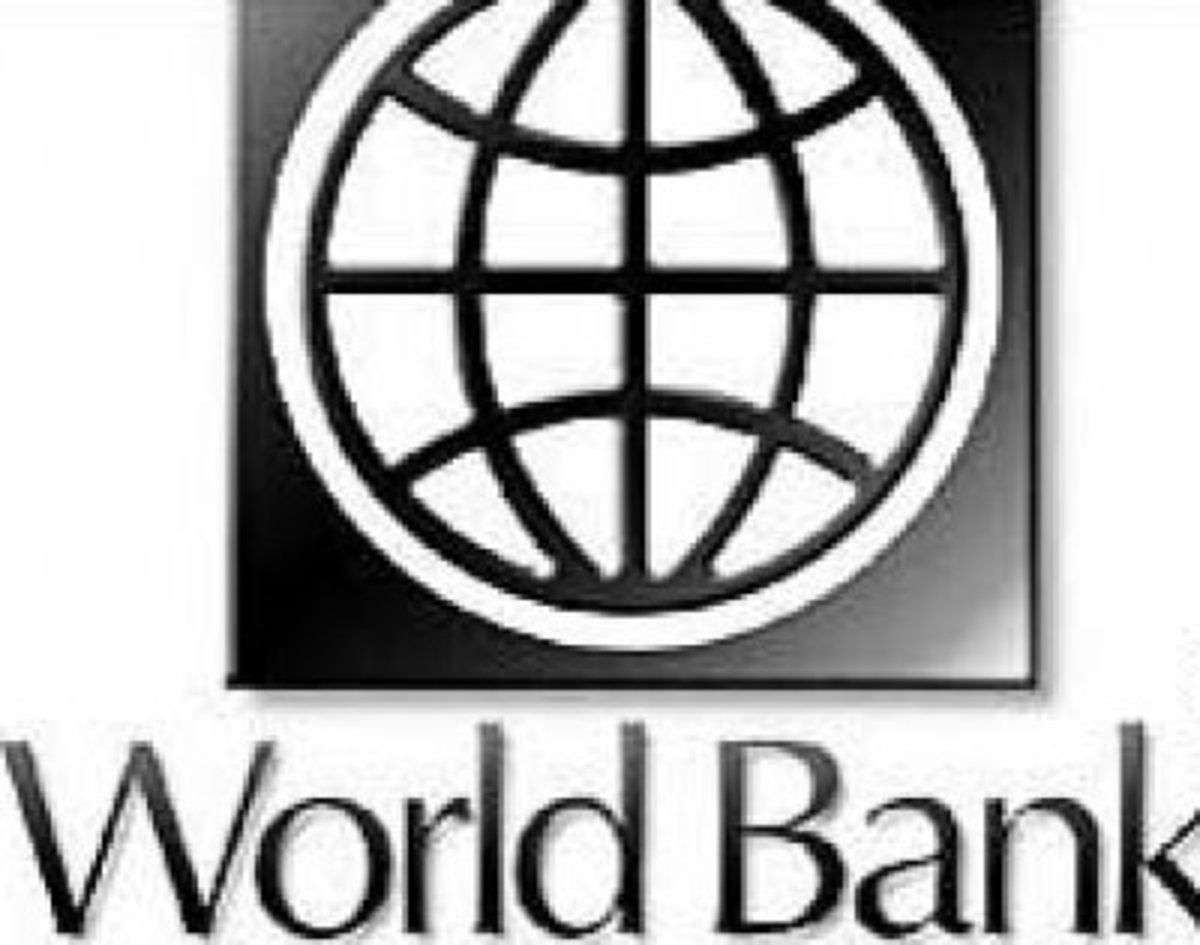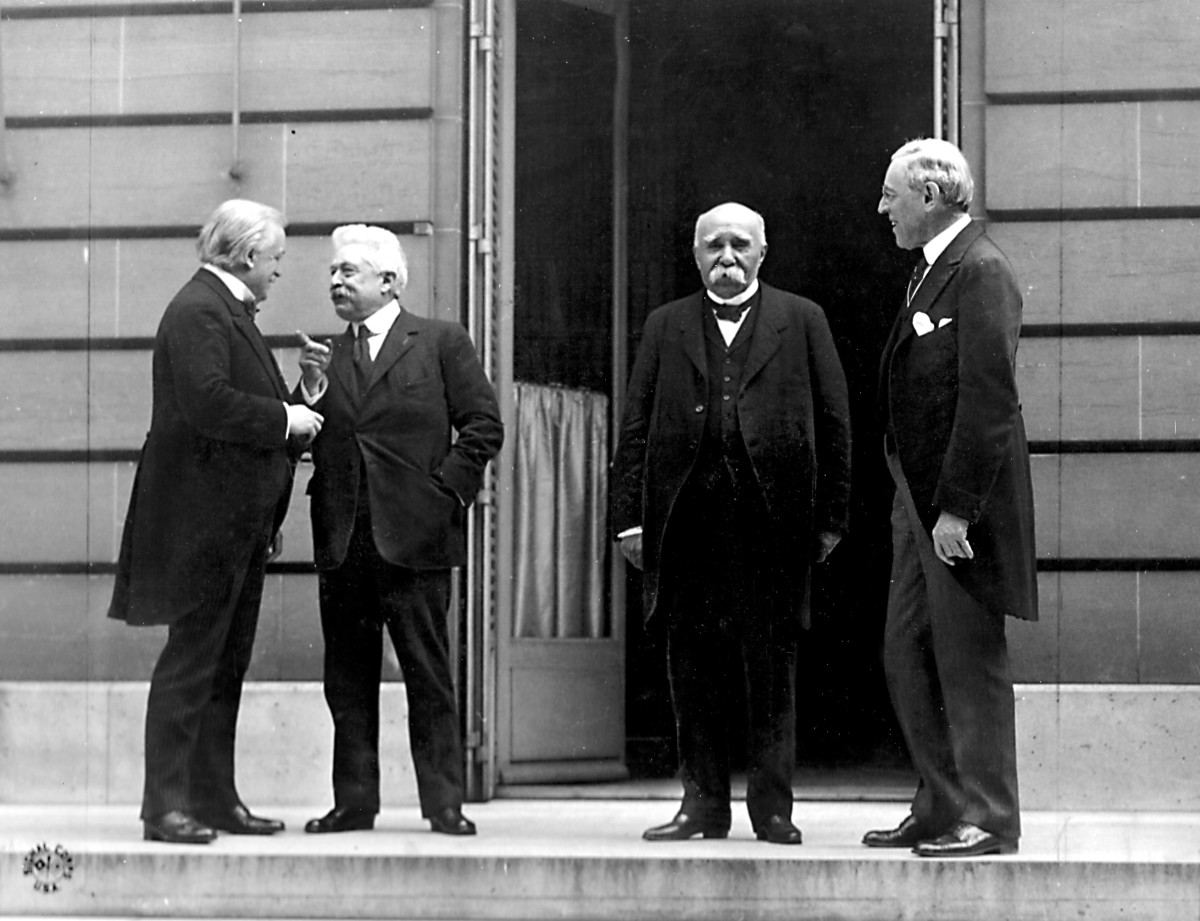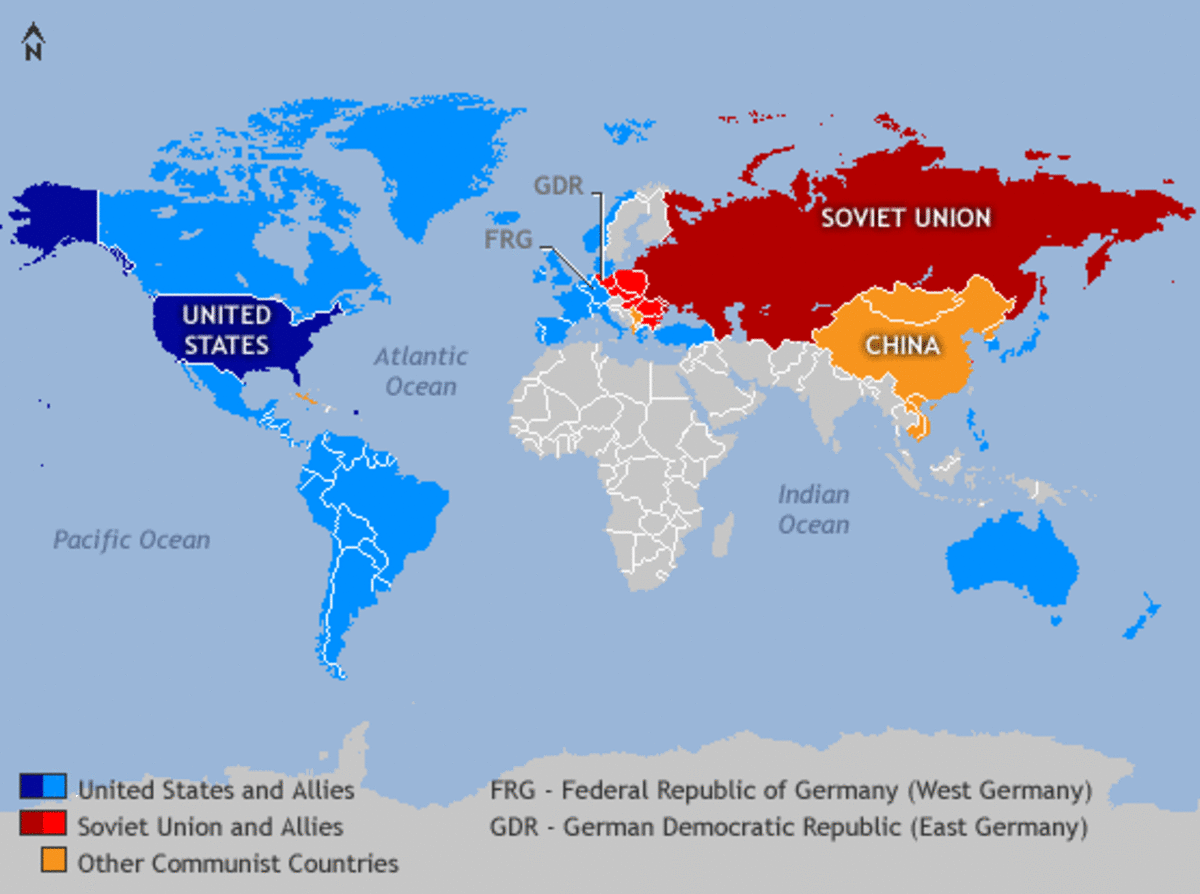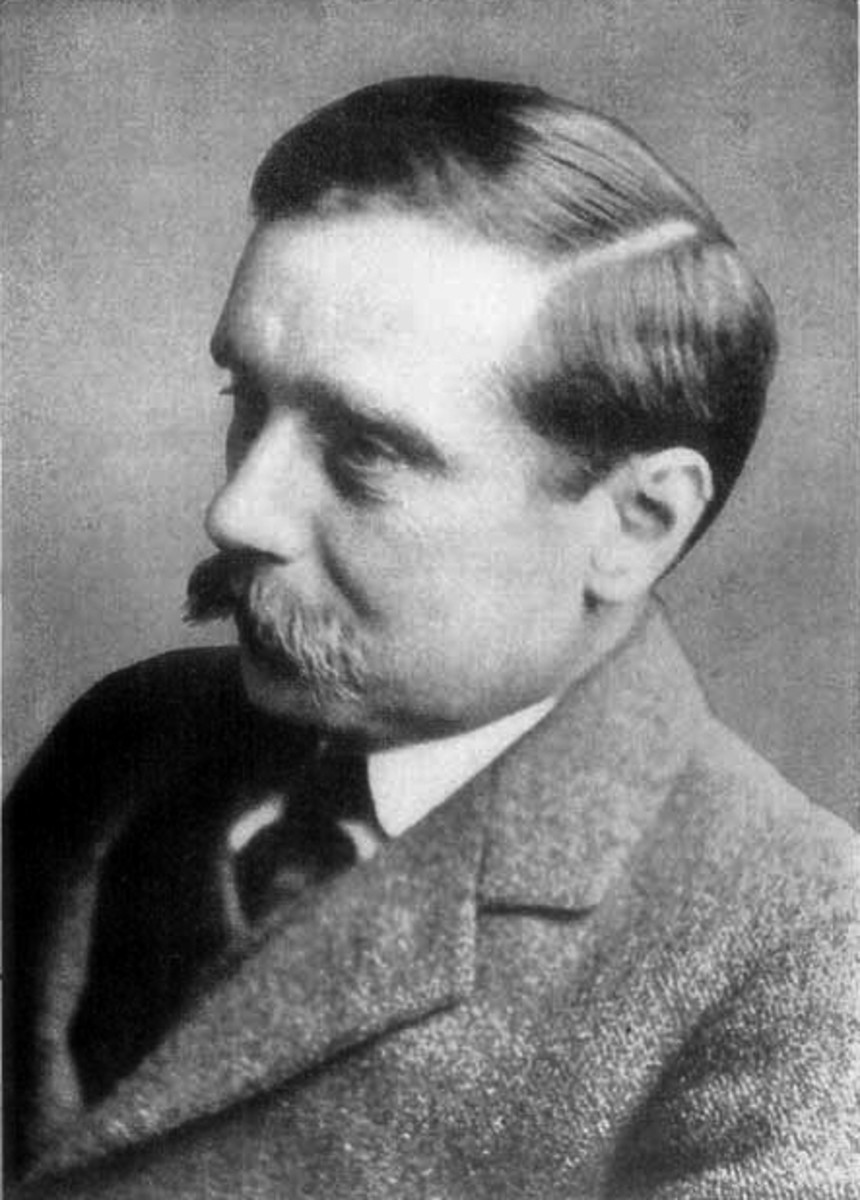Future of International Order
Since its founding in 1945, the United Nations have brought on a relatively peaceful period. Originally, there were the four policeman (US, UK, France and Russia) whom maintained international order in the aftermath of WWII. Then, the UN Security Council was formed to deter wars and facilitate peaceful outcomes if war would happen. These four policeman with the addition of China became permanent members and have veto powers. There were many instances where the veto power was used due to conflicting interests, either ideological or of national interests. One might ask why the UK and France are permanent member of the UN Security Council, whom are relatively weaker compared to the other three, totaling to three European nations on this council with only one member from Asia and America respectively.
UK has, in the past, been the balancer of the European theatre with its strong navy and proximity to mainland Europe. It was demonstrated with regards to Napoleon and during WWI & II where UK sought to prevent a hegemony over mainland Europe by any one power. It is in the blood of Europeans to maintain this Westphalian concept of sovereignty and to a certain extent, in the national interests of the UK. With the fall of Nazi Germany, all its holdings fractured and became many minor states in Eastern Europe and the Balkans. France, on the other hand, was liberated from the chains of Nazi Germany and with nationalistic fervour, strived to rebuild its destroyed nation. It was in the national interests of both France and UK to further enforce the Westphalian concept and also embraced the democracy ideology proclaimed by the US due to the Eurasian giant looming in the East.
All these nations played a part in the downfall of Nazi Germany and with it, the responsibilities of the vacuum it created. US came out of the war almost unscathed and accounted to 60% of the world’s GNP at that time. It became the Big Brother of the world and with its overwhelming might, roped in these other major powers to create a new world order based on the Westphalian principles and of an improved version of the League of Nations. Ironically, Japan and Germany, even though they will still be a major power after reconstruction, was excluded from the talks. Also, it is the beliefs of the American administration of that time to form with its vast manpower, resources and the only power with a nuclear arsenal, totally demolish any opposition and form a global nation or force a total collapse of all the communist ideological leadership at that time, starting a new world war.
As the world progresses and nations that were once colonial subjects grow and prosper, they become more prosperous and economically strong. On the other hand, France and UK, both lost majority of their world empire except a few tiny islands and with it, the resources and potential economic output that were on these lands. Even though they are weakened, they are still one of the strongest nations on Earth. Still, Germany rose to the strongest member of the European Union and Japan being the 3rd in the world, economically wise. With them being potentially stronger than 3 of the 5 members in the security council, would it be in the best interests of the world that the permanent spot be not so permanent?
Will the world still recognise the powers of the past as the powers of the present and the future? As current states expand and grow stronger, becoming a developed nation, pressure will be mounted on the current leadership to abdicate to give way for a new world order. Will they retaliate? Will the states of the future even listen to this security council? What would be a better criteria to be given veto power over a council that presides over the safety and peace of the entire world. Should it be economic might? Military strength? A anonymous vote by all members of the United Nations? Or maybe blocs replacing nations with veto. This is a problem of the future, one that is very distant in the future but it could happen during our lifetime. One does not know the future, but one can predict it. Let us hope that it does not resort in war.






